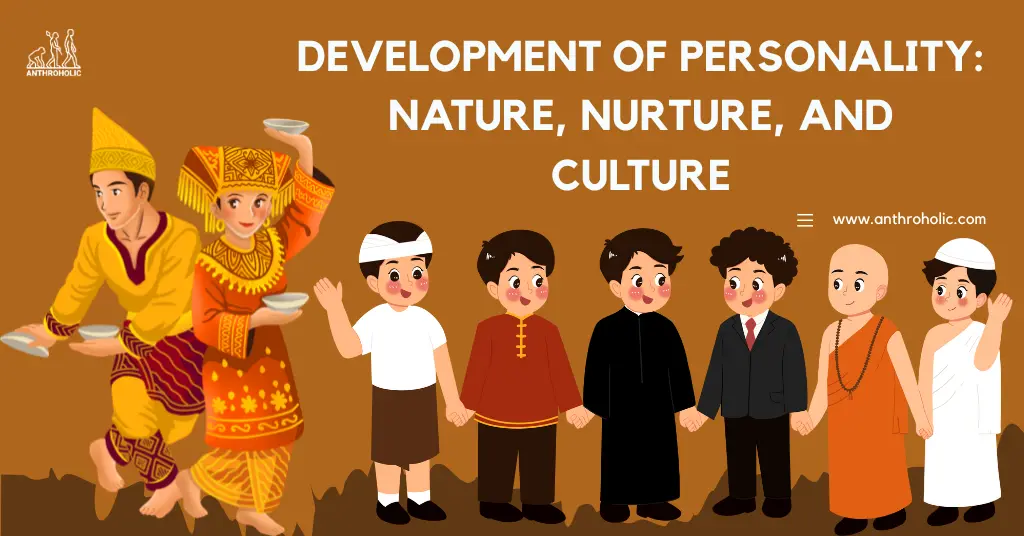AI Answer Evaluation Platform Live Now. Try Free Answer Evaluation Now

Paranthropus
Paranthropus is a genus of extinct hominins that lived in Africa roughly between 2.7 and 1.0 million years ago.
+91-7303290503, +91-9557169661 | MON to SUN 10:00 AM - 6:00 PM
The UPSC IAS Exam is a highly competitive examination conducted by the Union Public Service Commission (UPSC) to select candidates for the Indian Administrative Service (IAS), Indian Police Service (IPS), and other civil services in India. This category covers the exam syllabus, pattern, and preparation strategies, as well as the eligibility criteria and selection process. From understanding the exam requirements to learning the tips and tricks for success, this category provides comprehensive information on the UPSC IAS Exam.

Paranthropus is a genus of extinct hominins that lived in Africa roughly between 2.7 and 1.0 million years ago.

Dryopithecus, a member of the extinct great ape family, holds a significant place in the study of hominid evolution. Their fossilized remains, often discovered in

Australopithecus is a genus of hominins that existed between approximately 4.2 and 1.2 million years ago. The name, which translates to 'southern ape',

Gender issues are problems that come up when people are treated unfairly just because of their gender. Think about situations

Personal identification is the process of recognizing or establishing the individuality of a person. It may involve confirming whether an unknown person

The development of personality is a mirror of humanity’s incredible diversity. By learning how we become who we are, we also learn how to better live together.

The first fossil fragments attributed to Ramapithecus were discovered in 1932 by British paleontologist G. Edward Lewis in the Siwalik Hills of northern India.

Nicknamed “The Handy Man,” Homo habilis lived in Africa about 2.4 to 1.4 million years ago, bridging the gap between the more ape-like

Turner Syndrome (TS) is a chromosomal condition that exclusively affects individuals with female phenotypes.

The first recognized Neanderthal fossils were discovered in 1856 in the Neander Valley (or Neandertal) near Düsseldorf, Germany.

Anthropology can be your ticket to a top rank. This comprehensive guide will walk you through everything you need to know about Anthropology Optional for UPSC and how

Choosing the right Anthropology UPSC Test Series is critical to excel in your preparation, and that's why Anthroholic stands out as the premier choice for Anthropology aspirants.